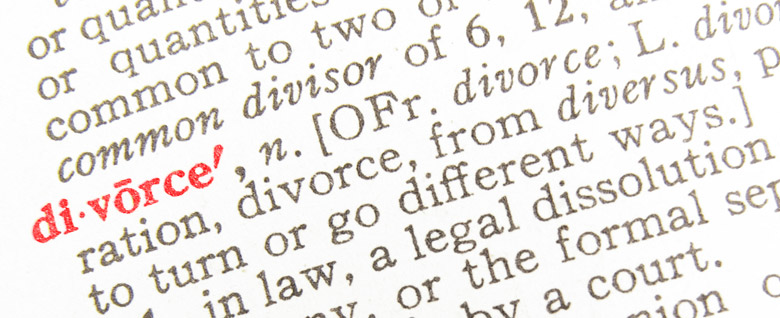6th April 2023 marked new CGT legislation that enables those going through divorce or civil partnership dissolution significant assistance in separating their assets as tax efficiently as possible.
Capital gains tax (CGT) can arise on the sale (or other disposition) of an asset by an individual (to whom UK tax is applicable) where the disposal or sale value is greater than the purchase price plus the cost of any expenditure spent on enhancement and any sale/disposal costs. The Taxation of Chargeable Gains Act 1992 established that couples who are married or in a civil partnership and living together can transfer assets between themselves free from CGT until separation.
Prior to 06 April 2023, after separation the CGT legislation allowed the separated couple to only avoid CGT for transfers that occurred in the same tax year as their separation. These transfers are commonly referred to as being for “no gain or no loss”. For example, if a couple separated in June, they would have been required to transfer the asset to avoid CGT by no later than 05 April of the following year. For most divorcing couples, the tax year end is a rarely achievable to complete these transfers.
After the deadline of the new tax year, the CGT exemption would no longer be available for transfers between the parties. The transfer would then be treated as if it was sold at full market value and potentially liable to a CGT charge.
Many separating couples already dealing with the emotional turmoil of a separation, do not consider the tax implications and relevant timing of the transfer of assets and subsequently had to pay unexpected and avoidable CGT bills. It is against this backdrop and need for reform that paved the way for the changes brought about by the Finances Act 2022-23.
The new rules from 06 April 2023
1. Transfers between spouses/civil partners of any capital asset in the tax year of separation (no longer living together) or in the subsequent 3 tax years, will not trigger a CGT liability (this does end earlier on pronouncement of the final order/decree absolute).
For example, if a couple separated on 01 September 2023, they now have until 05 April 2027 to complete the transfers (or the date of the final order/decree absolute if this is earlier). For CGT purposes the separated couples are treated as one tax unit and not separate individuals.
It is very important to note however that it does not avoid tax on any later disposition of the asset. The acquiring spouse will inherit the base cost/acquisition value of the disposing spouse. The acquiring spouse may still have CGT of their subsequent disposal in the future.
2. Any transfer between spouses/civil partners of capital assets as a result of a court-approved order will not trigger a disposal for CGT purposes at any time (even if more than three tax years after the tax year that they stop living together), as long as the disposal is pursuant to that order.
In other words, the ‘no gain, no loss’ treatment will continue to apply without any time limit to any transfers pursuant to a formal financial settlement (known as a financial order or financial consent order) within divorce or dissolution proceedings which is approved by the court or via a court order made within contested financial remedy proceedings.
This provision underlines the importance of ensuring terms of settlement are drawn up in a legally binding financial order.
3. Should a spouse/civil partner transfer their interest in the former family home to the other party in consideration of receiving a percentage of the net proceeds on sale, or if they retain their interest but vacate the property to enable a deferred sale later, they are able to apply the same tax treatment to their share of the sale proceeds when received as those at the time of the transfer or departure from the home. In other words paragraphs 1 and 2 above will apply.
4. If a spouse/civil partner retains an interest in the former family home they have an an option, subject to conditions, to treat the period of no longer residing in the home as if it had been their only or main residence until the time of disposal and then claim private residence relief (PRR) when that interest is sold to a 3rd party.
The benefit of this will limited to those who have acquired a new main residence for themselves in addition to retaining an interest in the former family home, as if they wish to claim the relief on the former family home, they cannot claim the relief on the new property.
International considerations
For those who benefit from dual tax residence they will need to consider any remedy needed in respect to double tax treaty between jurisdictions of residence. For example, a US citizen owning a UK property, may be entitled to claim private residence relief on a transfer of the property between spouses in the UK, however the US tax authority does not recognise the same exemption and therefore a transfer may give rise to a CGT liability in the US.
Cohabitees
Cohabitees, no matter the length of their relationship or time living together, who are not married or in a civil partnership will not benefit from any of the above provisions (old or new). There is no such thing as common law spouses!
Need for advice
Despite the positive reform, separating couples should always take good legal and tax advice with regards to financial matters relating to the breakdown of a marriage or civil partnership. In all cases, it is important that CGT is considered at an early stage and proper advice obtained.




Comments